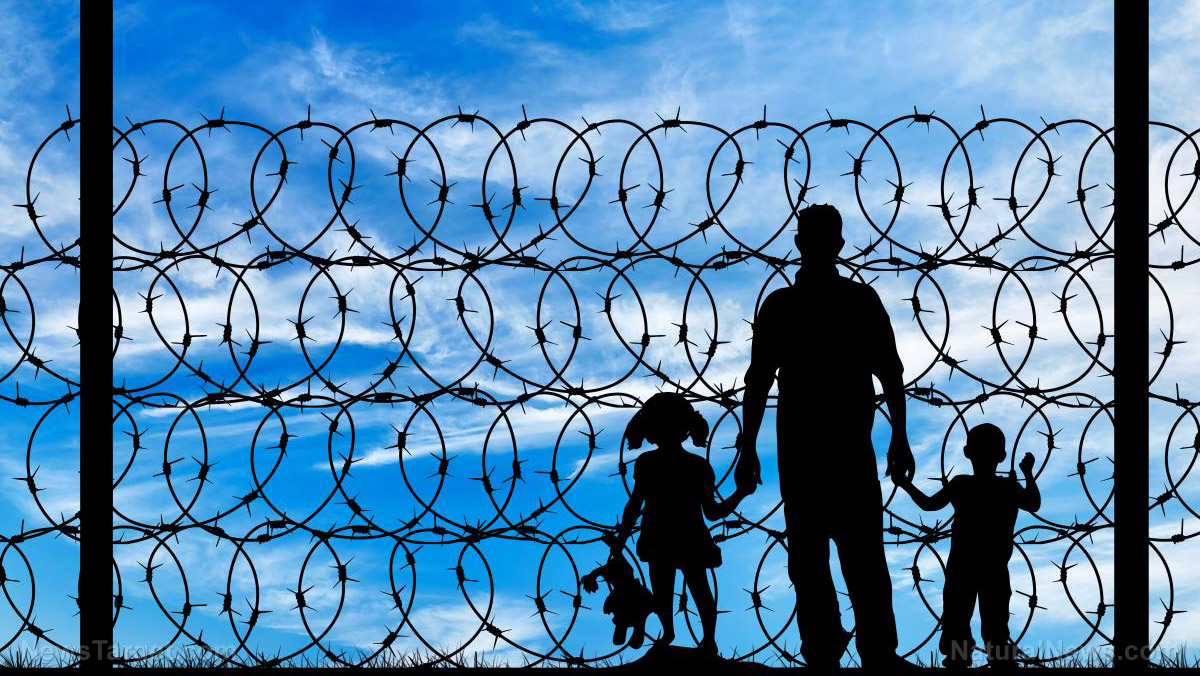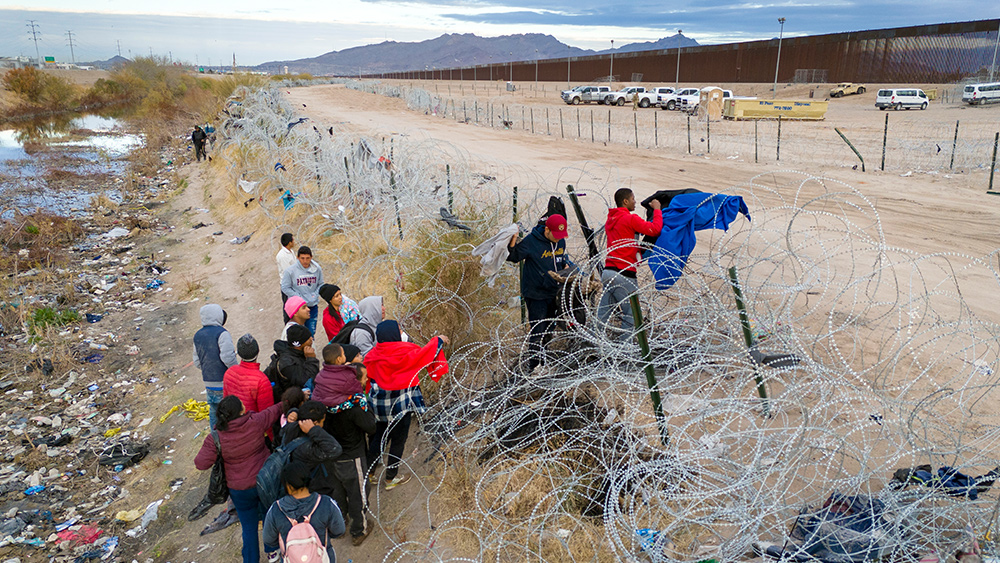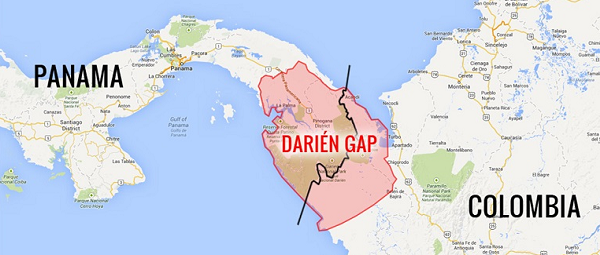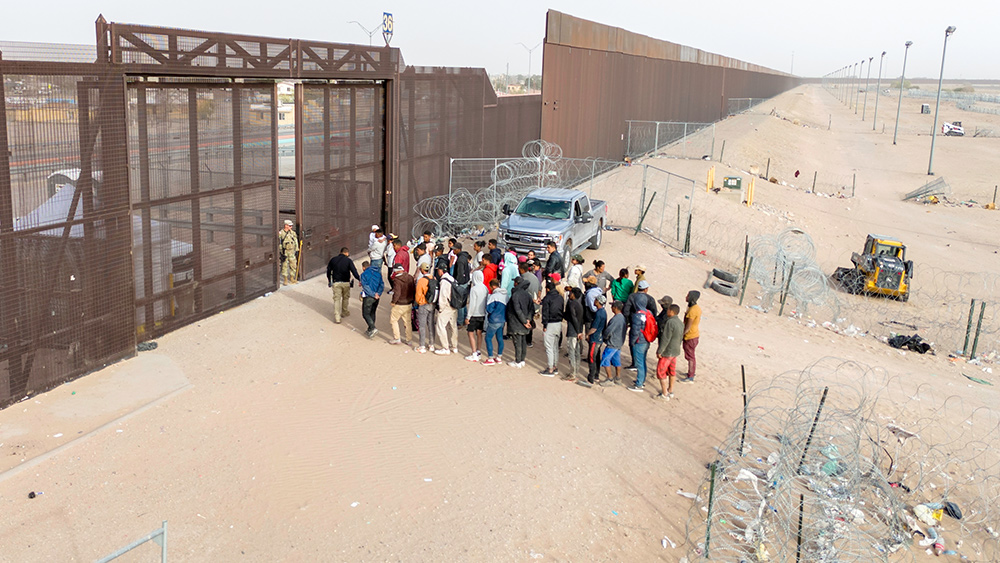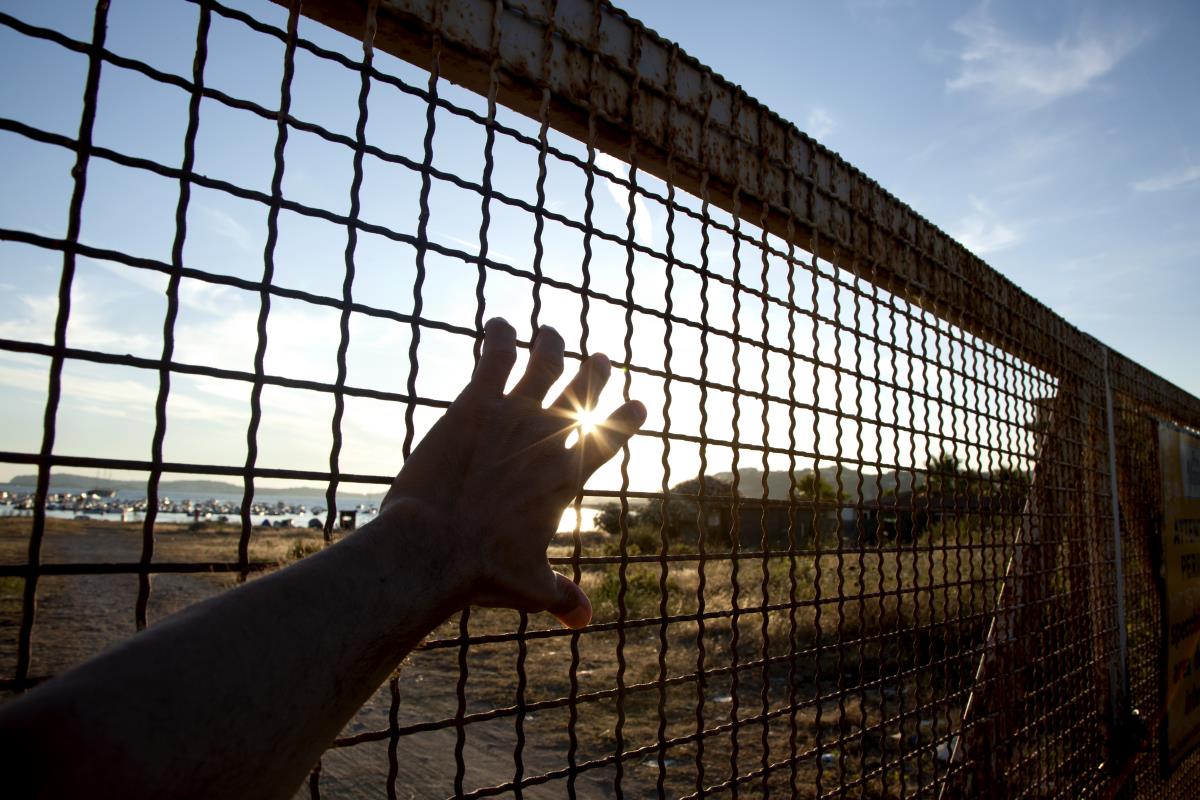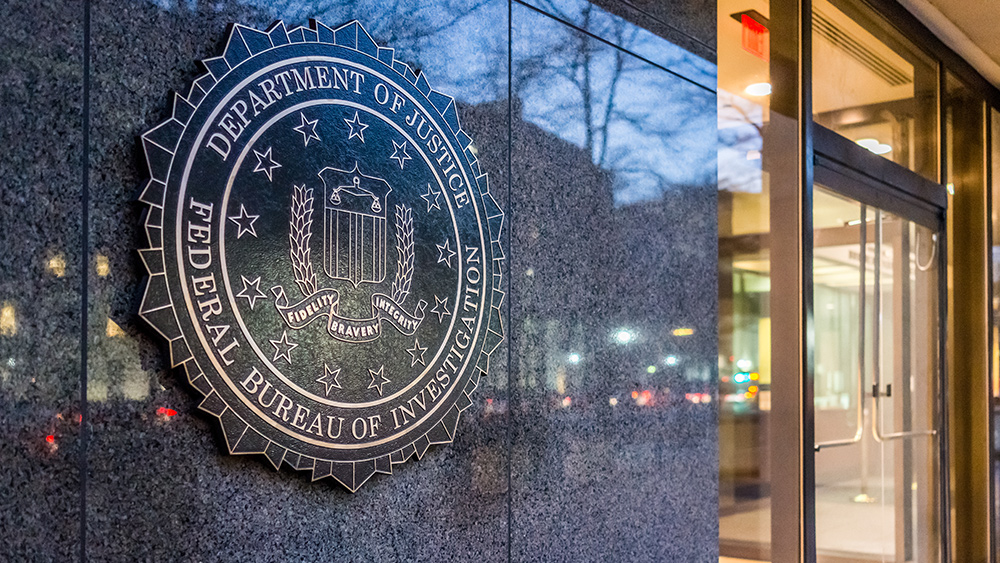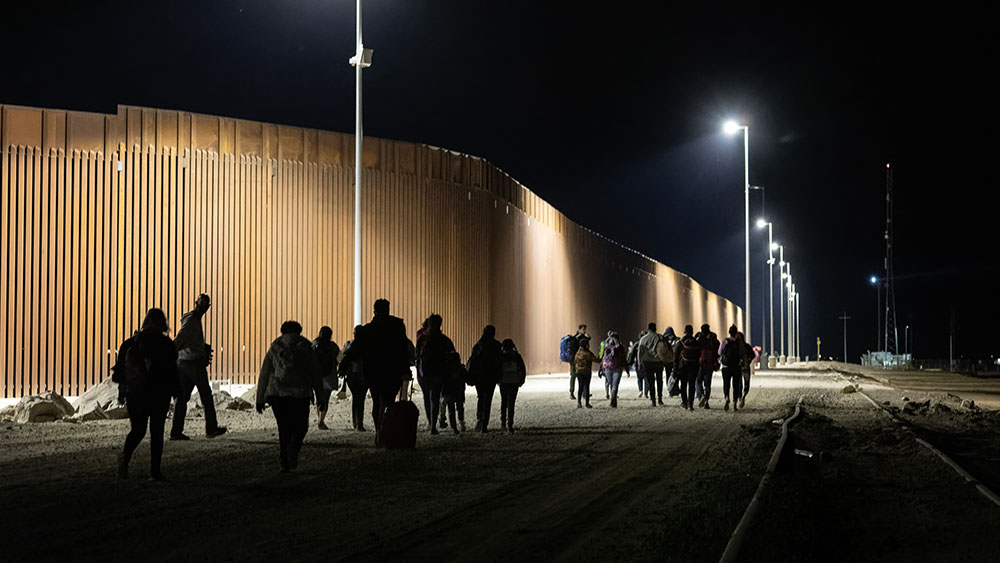DEA freaking out over Narco drug cartel network and its ties to China
05/28/2024 / By Ethan Huff

The vast majority of fentanyl flooding across the U.S. southern border into South Dakota, anyway, comes from Mexico – but the chemicals used to make that fentanyl come from China, a new report warns.
Data from the Drug Enforcement Agency’s (DEA) National Drug Threat Assessment 2024 shows that both the southern and northern borders are seeing back-and-forth travel of Mexican drug cartels that are getting their drug ingredients from the world’s largest communist dictatorship.
“This border security is critical,” commented Minnehaha County Sheriff Michael Milstead during a recent Sioux Falls, S.D., crime report about the region’s high-intensity drug trafficking area (HIDTA). “It has made every sheriff in America a border sheriff, and every city in our country a border city.”
Last year, the aforementioned report reveals, some 27,000 pounds of fentanyl were seized at the border. Overall, about 549,000 pounds of illegal drugs were seized at the border last year.
According to the same report, seaports under cartel control are “receiving, distributing and influencing” regions all across the United States, meaning the cartels are now in charge of many of America’s points of entry.
“The Sinaloa and Jalisco Cartels are at the heart of this crisis,” claims DEA Administrator Anne Milgram. “These two cartels are global criminal enterprises that have developed global supply chain networks. They rely on chemical companies and pill press companies in China to supply the precursor chemicals and pill presses needed to manufacture the drugs.”
“They operate clandestine labs in Mexico where they manufacture these drugs, and then utilize their vast distribution networks to transport the drugs into the United States. They rely on associates in the United States to distribute the drugs at a retail level on the streets and on social media.”
(Related: Did you know that pharmaceuticals are the leading cause of death in America today?)
Chinese money laundering organizations helping Mexican drug cartels
According to Milgram, Mexican drug cartels are more easily able to pull off these kinds of drug deliveries into the U.S. because various Chinese money laundering organizations are helping them to move their profits from America to Mexico, and also from America deep into South America.
“Drug trafficking organizations based in Mexico and South America are increasingly utilizing China based underground banking systems as their primary money laundering mechanism,” Milgram explained.
It used to be that the biggest problem at America’s southern border were illegals who tried to enter illicitly simply to work and send money back home. Now, the biggest problem is these massive drug cartels and their exploitation of our country’s weak border protection situation.
“It used to be people coming to America to try to work, maybe send money back, just seasonal work,” said former Western Sheriff’s Association President Fred Lamphere of Butte County in a statement to reporters. “Those demographics changed to people sneaking into the country, using cartel, cartel using them to bring in illegal drugs, and then they’re in debt to the cartel.”
“Most of it is occurring through Washington State and New Hampshire. A lot of that is drugs as well coming through and they’ve made some big seizures of the drug, but groups of people as well.”
Minnehaha County, S.D., is being especially hard hit by these cartels with a recent South Dakota searchlight report showing a major backlog of warrants in the area. In 2023 alone, the county sheriff’s office served more than 14,000 warrants, this in a county that has a population of only around 204,000 people.
Drugs are big business, which is why there is so much fighting between governments over who gets to control them. Learn more at BadMedicine.news.
Sources for this article include:
Submit a correction >>
Tagged Under:
big government, Border Patrol, border security, China, conspiracy, corruption, DEA, drug cartels, drug trafficking, drugs, fentanyl, ingredients, invasion usa, Mexico, Narco, narcotics, national security, Open Borders, opioids, supply chain, toxic chemicals
This article may contain statements that reflect the opinion of the author
RECENT NEWS & ARTICLES
COPYRIGHT © 2018 TRAFFICKING.NEWS
All content posted on this site is protected under Free Speech. Trafficking.news is not responsible for content written by contributing authors. The information on this site is provided for educational and entertainment purposes only. It is not intended as a substitute for professional advice of any kind. Trafficking.news assumes no responsibility for the use or misuse of this material. All trademarks, registered trademarks and service marks mentioned on this site are the property of their respective owners.



